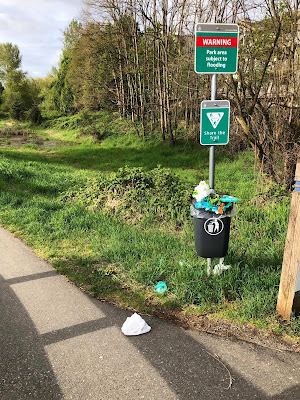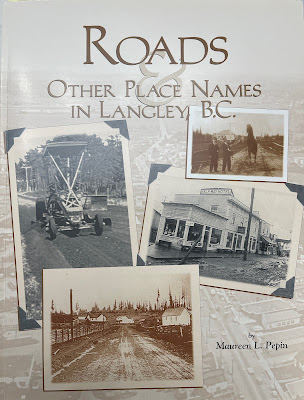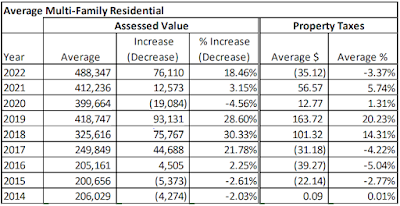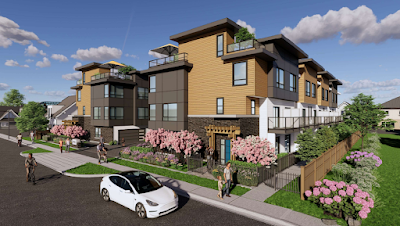At last night’s Langley City Council meeting, Council held an official
ceremony to
bestow the Freedom of the City to former Councillor Gayle Martin
for her 32 consecutive years of service to our community. She received
recognition in front of family, friends, and members of the public. The City
held a small reception after the Council meeting for Ms. Martin.

|
|
A picture of the Freedom of the City for Gayle Martin. Select the image
to enlarge.
|
HUB Cycling, a charitable not-for-profit organization that promotes cycling
and cycling education, awarded Langley City for the Glover Road Protected and
Safe Bike Lane Project. Council accepted the award last night.
TransLink’s CEO Kevin Quinn also attended last night’s Council meeting as
TransLink was the major funding partner for the Glover Road Project. At the
meeting, Quinn also updated Council on TransLink’s 10-year vision. Besides
SkyTrain to Langley, TransLink continues to increase its funding of active
transportation infrastructure projects that support making rolling, walking,
and cycling safer and more comfortable.

|
|
TransLink’s CEO Kevin Quinn presents to Council the agency’s 10-year
priorities vision. Select the image to enlarge.
|
TransLink also plans to invest significantly in bus service, and not just
regular bus service. TransLink plans to build RapidBus in Langley, which
connects White Rock, Campbell Heights, Brookswood, Langley City, Willoughby,
Walnut Grove, and Maple Ridge. TransLink plans to build Bus Rapid Transit
between Langley City and Maple Ridge along 200th Street. Bus Rapid Transit
travels in bus-only lanes along its entire route and has traffic signal
prioritization to ensure that buses are never stuck in traffic. Bus Rapid
Transit will give people a way out of congestion. TransLink also wants to
create an express bus route between Newton and Langley via Highway 10.
Later in the meeting, Council gave final reading to our new Subdivision and
Development Servicing Bylaw,
which I previously posted about. Council also approved our new policy, “CO-82 – Latecomer Policy.”
The City may require a developer to upgrade water mains, sewer trunks, and
roads as part of a development project. These upgrades may also benefit future
development projects that will not have to pay for them, which is unfair.
Besides equity, if these infrastructure upgrades have a large enough cost, a
developer may forgo a project, slowing down new housing construction. The
latecomer policy allows a developer who upgrades City infrastructure the
opportunity to recover the cost from future developers whose projects would
also benefit from the infrastructure. The City administers this policy for a
fee, so there is no cost to the taxpayers.
Council also approved applying to the UBCM Poverty Reduction Planning and
Action Stream 2 funding grant to support the “Living Well in Langley, A Poverty Reduction Strategy.” If the City receives the grant, it will be used to reopen Station Café in
Timms Community Centre as a social enterprise. The café will support food
service skills training, provide living wage employment, and provide access to
fresh, healthy, local and sustainable food at an affordable cost.
As part of BC law, I had to read the following at the Council meeting:
THAT the report of the Chief Election Officer dated March 13, 2023, regarding
public notice of Cherise Okeymow’s failure to file her campaign financial
disclosure statement and pay the required late filing fee of $500, be received
for information.





















